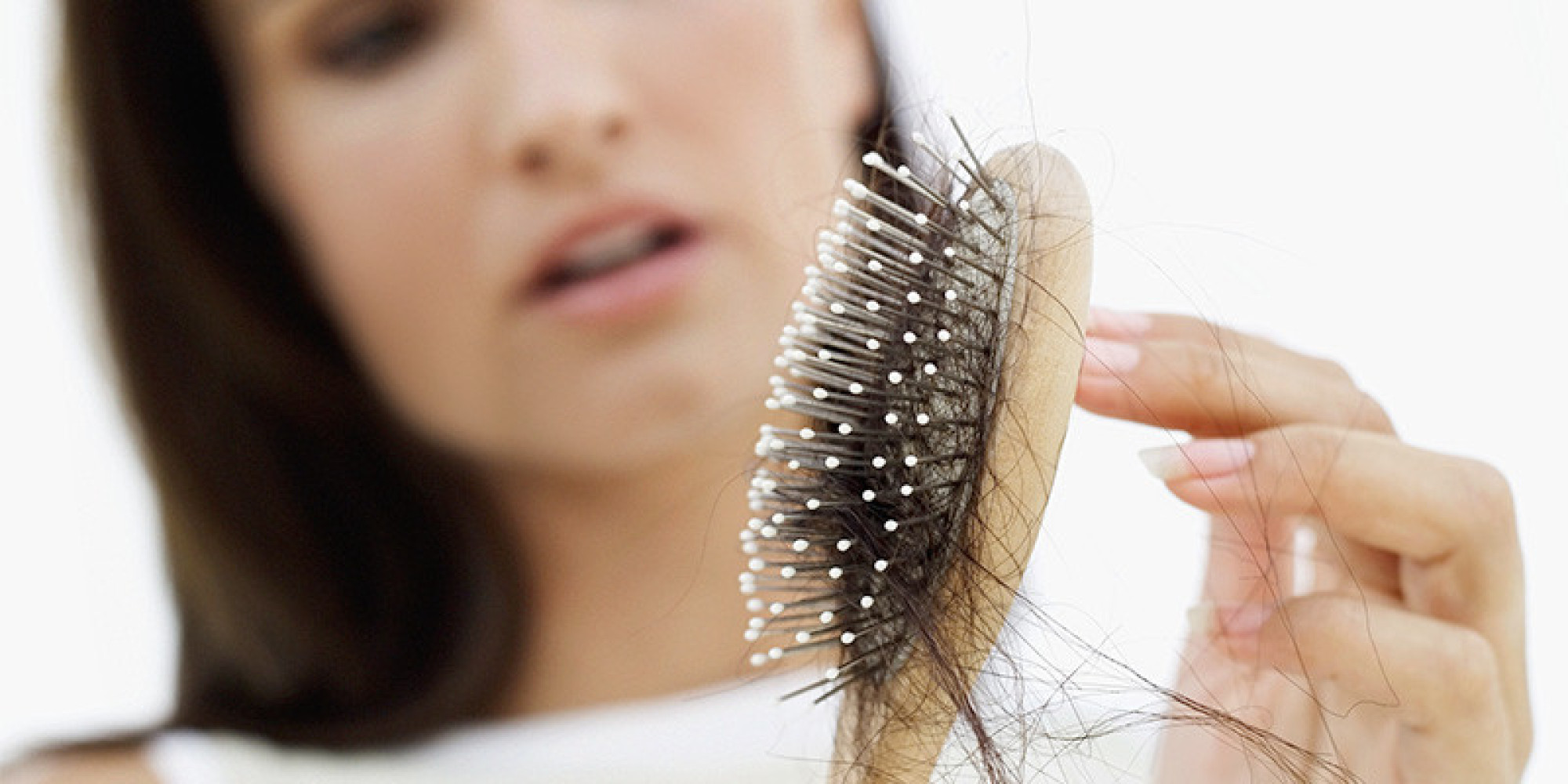HAIRFALL
Overview
Referred to as ‘crowning glory’, scalp hairs are a direct expression of an individual s personality and style. Excessive hair loss can be a troublesome problem, often causing worry and affecting self-esteem, especially for women.

Causes of Hair Loss
1. Nutritional deficiencies
It could be possible that essential nutrients may be missing from your diets such as iron, copper, zinc and proteins. The deficiency of vitamin D is another cause of hair loss. In order to avoid this, make sure to get out and soak up some sun.
2. Hormonal Imbalance
After the age of 30, women can experience hormonal imbalance which can cause hair loss. This is usually caused by excessive dihydrotestosterone (DHT) conversion. Even though estrogen is the main hormone that women produce, testosterone and other androgens such as DHEA also occur in the female body. As women reach a certain age, they may begin to convert these androgens to DHT.
3. Thyroid issues
If the thyroid gland, which is at the front of the neck, produces excessive or an insufficient amount of the thyroid hormone, then the hair growth cycle may change. However, if you do have a thyroid issue, you will notice other symptoms along with hair loss such as weight gain or loss, sensitivity to cold or heat, and changes in heart rate.
4. Polycystic ovary syndrome (PCOS)
Women with polycystic ovary syndrome (PCOS) have a hormonal imbalance which creates higher levels of androgens than normal. This often causes hair to grow on the face and body, while the hair on the head grows thinner. PCOS can also lead to ovulation problems, acne, and weight gain.
5. Birth Control Pills
Birth control pills can cause hair loss. The hormones in the pill that suppress ovulation can cause hair to thin, especially in women with a family history of hair loss. Sometimes hair loss can occur when you stop taking the pill. Other drugs associated with hair loss are blood thinners and medicines that treat high blood pressure, heart disease, arthritis, and depression.
6. Stress
Extreme stress can cause sudden hair loss which could last for several months. Minimizing stress through exercise, meditation yoga and massages will reduce your chances of experiencing hair loss.
7. Hairstyling products
Over-treated hair can lead to hair loss due to the toxic chemicals found in dyes and styling products. Similarly, almost all shampoos contain Sodium lauryl sulfate (SLS) which has a toxic effect on your immune system and has been proven to corrode hair follicles and impede hair growth. It is advisable to stick to natural shampoos and dyes.
8. Medical Conditions
– Telogen effluvium: general shedding from all over the head. We typically lose some 100 hairs a day but sometimes shedding accelerates due to stress, illness, medication, or hormones. Hair generally grows back within six months.
– Androgenetic alopecia in women, hair generally thins in the top, frontal area, just behind the hairline, but stays thick at the back. An enzyme causes the conversion of the male sex hormone testosterone to another hormone, dihydrotestosterone (DHT), causing the hair follicles to produce thinner hair until they stop.
– Alopecia areata is an autoimmune disease that affects up to 2% of the population. It causes round patches of hair loss and can lead to total baldness. In many cases, the hair regrows.
– Ageing As we age, the rate at which our hair grows tends to slow down. Hair strands get smaller and have less pigment, and hair becomes thinner, finer, and grey. In order to keep your hair healthy, eat whole foods which help to keep your body youthful, as well as your hair. If you have prematurely grey hair, you can find here natural supplements that can help you.
– Genetics Hair loss that is genetic is known as androgenetic alopecia and is known to be the most common cause of hair loss. The gene can be inherited from either your mother’s or father’s side of the family, though you’re more likely to have it if both of your parents had hair loss.
WHAT ARE THE TREATMENT FOR HAIRFALL AVAILABLE AT: KAYNA?
- PRP
- GFC
- DERMAROLLER
- MICRONEEDLING
- MESOTHERAOY

